Lia Tsimberidou, MD, PhD

Tenured Associate Professor
Department of Investigational Cancer Therapeutics
Division of Cancer Medicine
The University of Texas MD Anderson Cancer Center
Houston, TX

Tenured Associate Professor
Department of Investigational Cancer Therapeutics
Division of Cancer Medicine
The University of Texas MD Anderson Cancer Center
Houston, TX
Related Videos
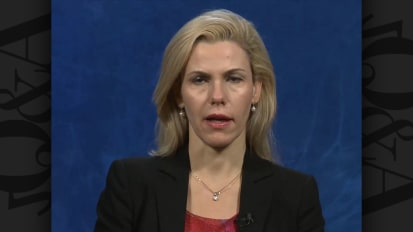 Video
Video
What is the risk of not performing comprehensive NGS molecular profiling, and relying exclusively on more targeted panels? What might we miss?
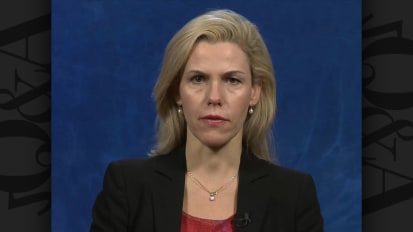 Video
Video
Although you work in a tertiary cancer referral and research center where many patients have advanced disease, in general, at what point in the natural history of cancer do you think is the ideal time to perform NGS?
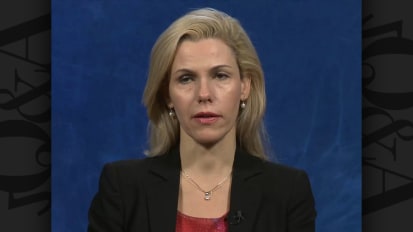 Video
Video
Can you share a case history of a patient who was failing multiple, standard therapies and then responded to treatment based on NGS profiling?
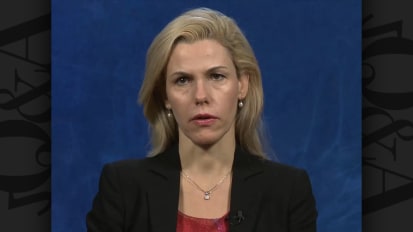 Video
Video
Can you give us patient-specific examples that demonstrate the potential clinical benefits — improvements in PFS, OS and other metrics — of whole exome, hybrid capture-based NGS?
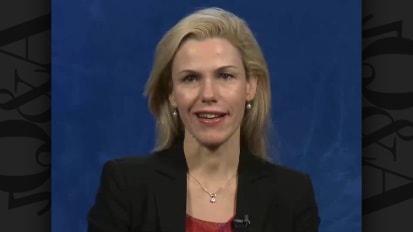 Video
Video
How do you identify patients with targetable alterations that would suggest their triage into clinical trials?
 Video
Video
How do you approach drug selection decisions when you encounter multiple actionable targets?
How do you approach drug selection decisions when you encounter multiple actionable targets?
 Video
Video
Do mutational targets in solid tumors change over time, and does this justify multiple biopsies and repeat NGS-based profiling in the case of progressive disease to identify new drivers that may have treatment implications?
 Video
Video
At what stage of a cancer’s presentation or evolution is the oncologist advised to deploy genomic profiling to inform clinical decision-making and therapeutic choices aligned with specific alterations and mutations?
 Video
Video
How do we curate the results of NGS-based genomic profiles? In particular, how do we prioritize subsidiary molecular markers, especially when there are multiple drivers identified, and determine their level of actionability? Is there a ...